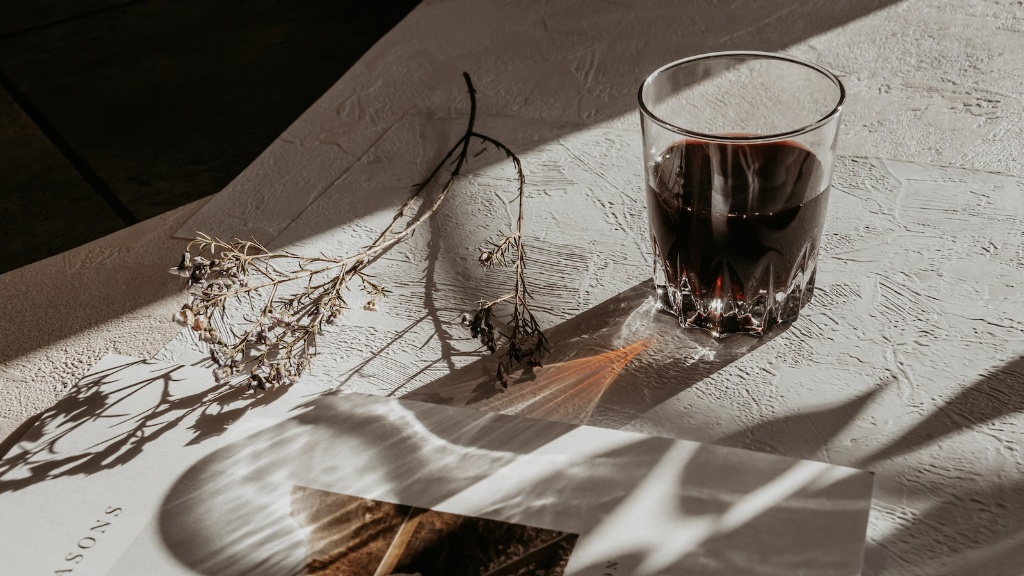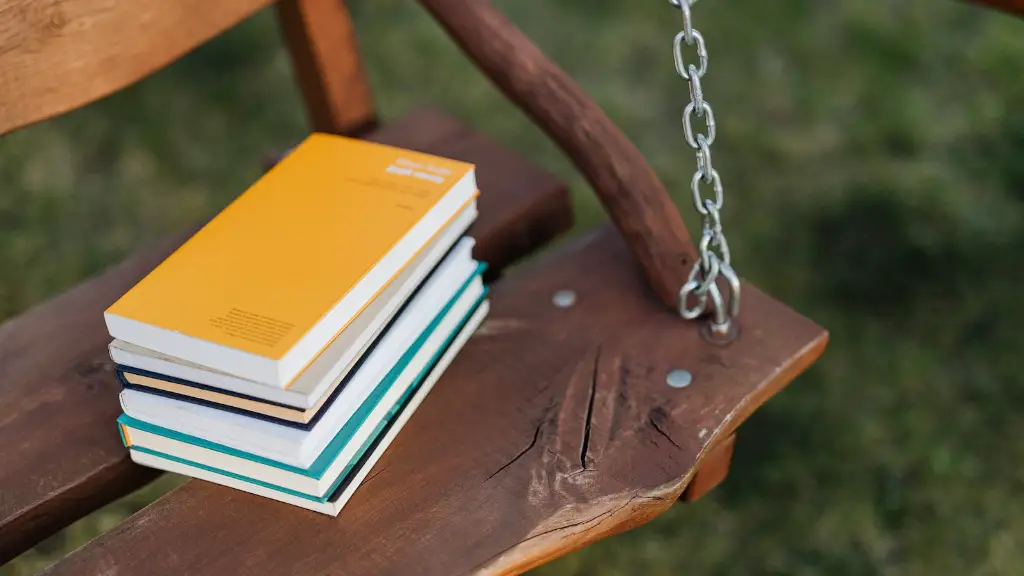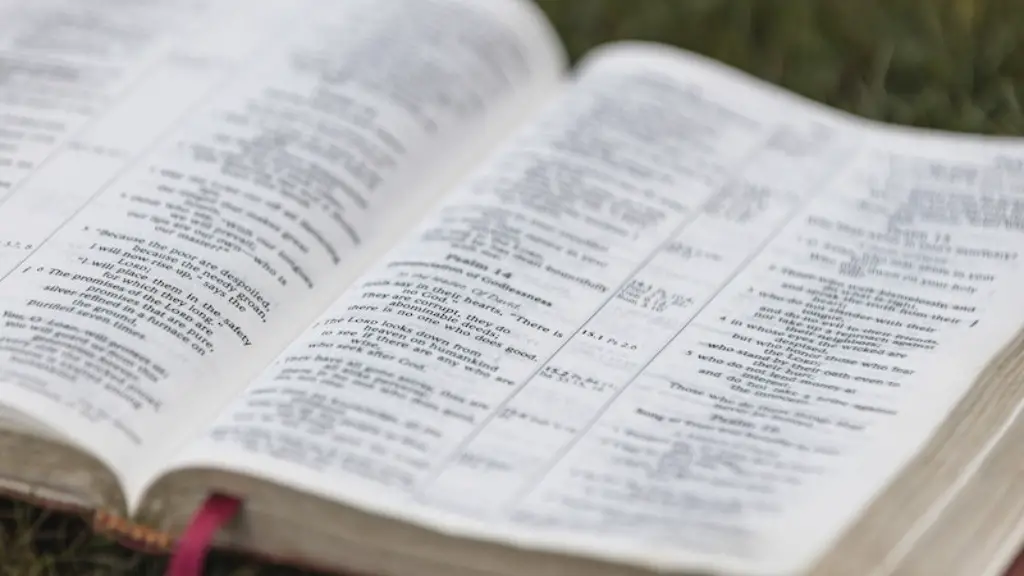Introduction to Poetry Writing
Poetry is one of the oldest surviving forms of literature. It has been used throughout history to inspire, tell stories, and provide comfort. While it is often seen as a daunting and complicated task to write your own poetry, it is actually not so difficult with the right knowledge and guidance. Poetry is open to anyone who wishes to try their hand at it, so if you’ve been curious about writing poetry, this article will show you how to get started.
Understand the Basics
Before you begin writing poetry, it is important that you have a basic understanding of poetic structures. Knowing some of the most commonly used forms, such as sonnets, haikus, and free verse, will give you an idea of the possibilities open to you when you start crafting your own works. Understanding the basics of meter, rhymes and metaphors will also be a great help, as it will give your poem a structure that follows an established pattern, rather than just a collection of random words.
It’s also important to familiarize yourself with poetic devices such as symbolism, alliteration, imagery, and so on. Understanding how to use each of these will give you more leeway when you are constructing your poem. Additionally, you should also read poetry of various writers to help you gain more knowledge and inspiration.
Find Your Focus
As with any other type of writing, finding a focus is essential when writing poetry. This might be anything from a personal experience, an emotion, a concept, or even a larger event. Figuring out the purpose of your poem, and the story you would like to tell will help you keep focused throughout the writing process, as you will always have something to refer back to. Once you have a solid idea of the focus of your poem, you can then begin to craft it.
Write
Once you’ve got the basics under your belt, it’s time to start writing. Begin by setting the scene and introducing your subject, which helps the reader know what to expect from your poem. As you’re writing, you should also keep a few things in mind such as being conscious of the flow of words, and keeping the poem visually appealing by avoiding too many long sentences, or extending it unnecessarily. You should also pay attention to the rhythm and meter of your poem, as this can make a huge difference in how the poem is received.
As you continue to write, it is also important to just have fun with the process. Allow yourself to explore and ponder the words that come to mind, without getting hung up on perfecting them right away. Thinking outside of the box, and being daring with your choice of words can make your poem unique and help it to stand out among other works.
Consider Your Language
Using language that resonates with your readers is key to writing effective poetry. Choosing simple words and avoiding long, convoluted sentences will help your poem sound more natural and make it easier for your readers to connect with it. You should also consider the use of metaphors and allusions to emphasize points and convey a deeper message to your readers.
Seek Feedback
One of the main differences between prose and poetry is that the latter allows freedom of expression that is open to interpretation. Therefore, it helps to get feedback from friends, family, and other poets to see what sort of impression your poem leaves on others. Additionally, feedback can be an invaluable source of guidance, allowing you to hone your skills and discover new techniques.
Revise
Once you have your first draft of your poem, it’s time to revise it to make sure that it conveys your intended meaning. Read the poem multiple times, out loud and silently, to identify any areas that you think could be improved. Consider the structure, flow, rhythm, and clarity, and feel free to tweak any part that feels out of place. You should also think about the subtleties of the poem, such as the interplay between the sounds and tones.
Conclusion
Writing your own poetry can be a creative and fulfilling pursuit. With the right approach, understanding, and practice, you can become an accomplished poet. However, writing poetry requires patience and understanding, so don’t be disheartened if you don’t get the results that you expected right away. Ultimately, writing your own poetry is a personal journey and the results will be unique to you.


